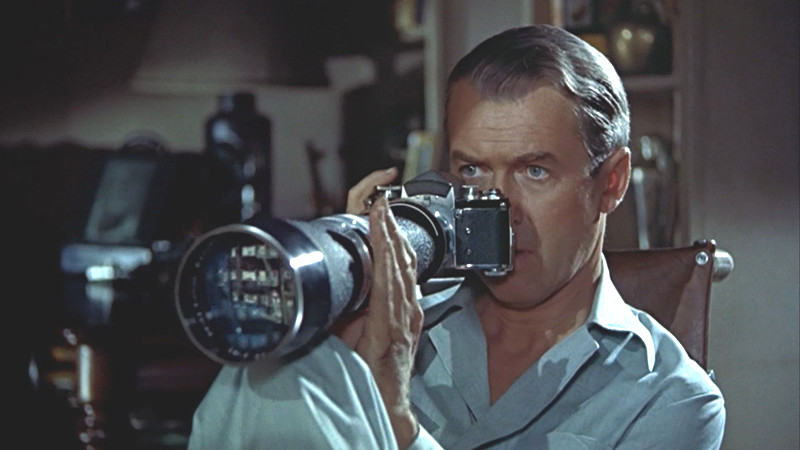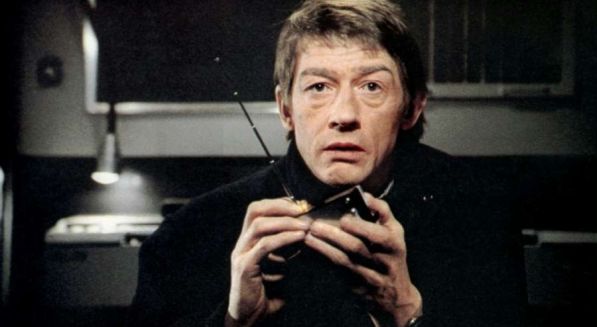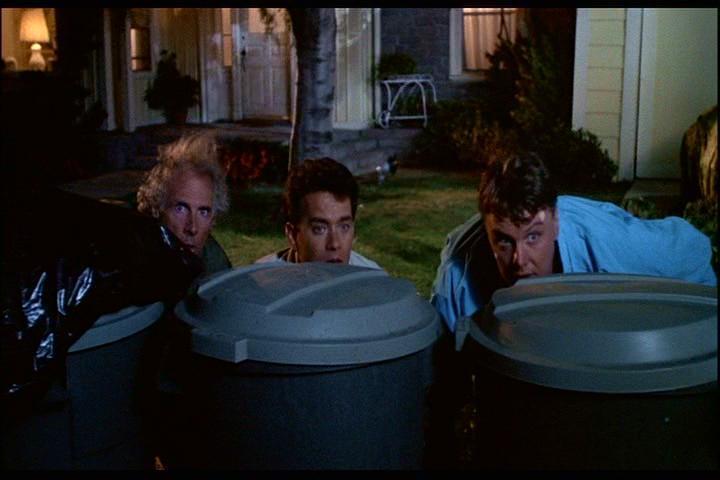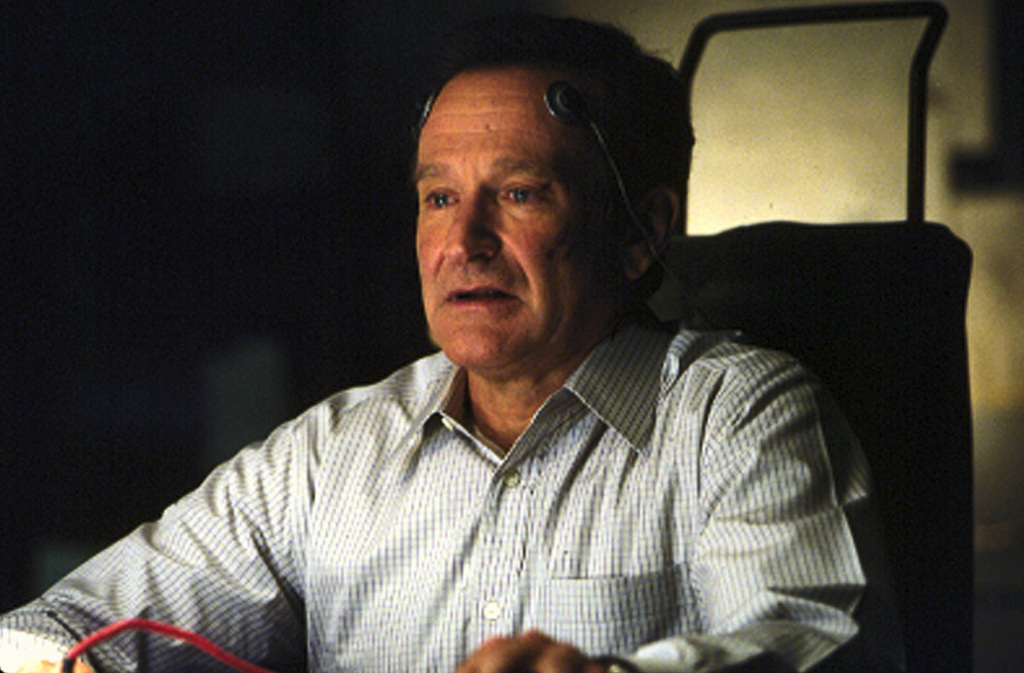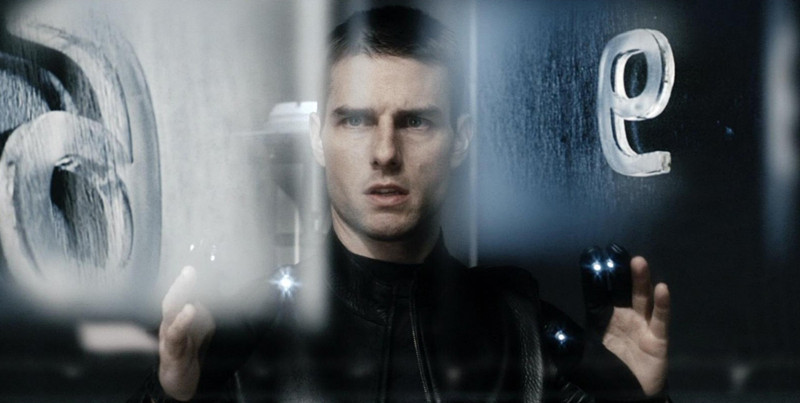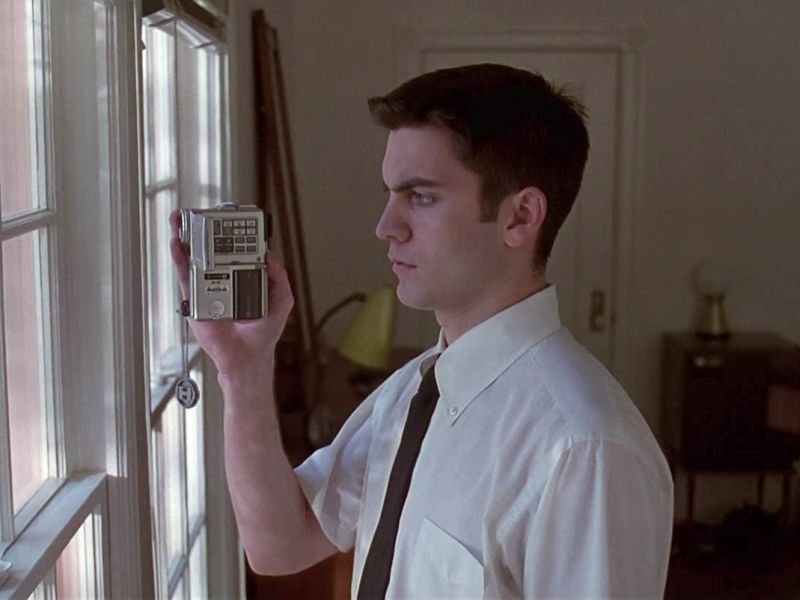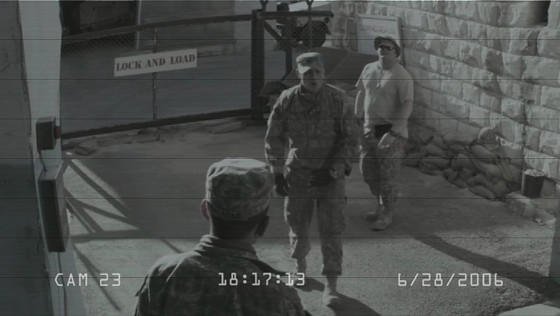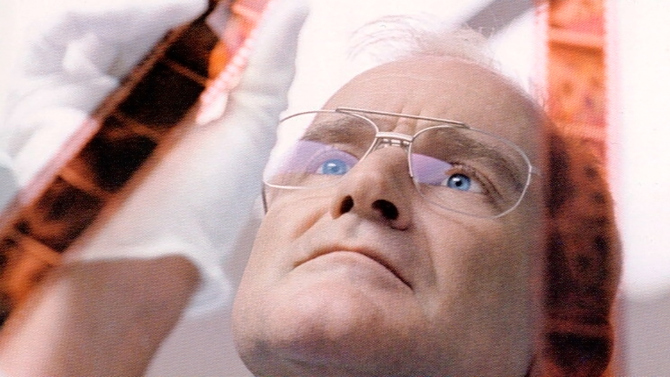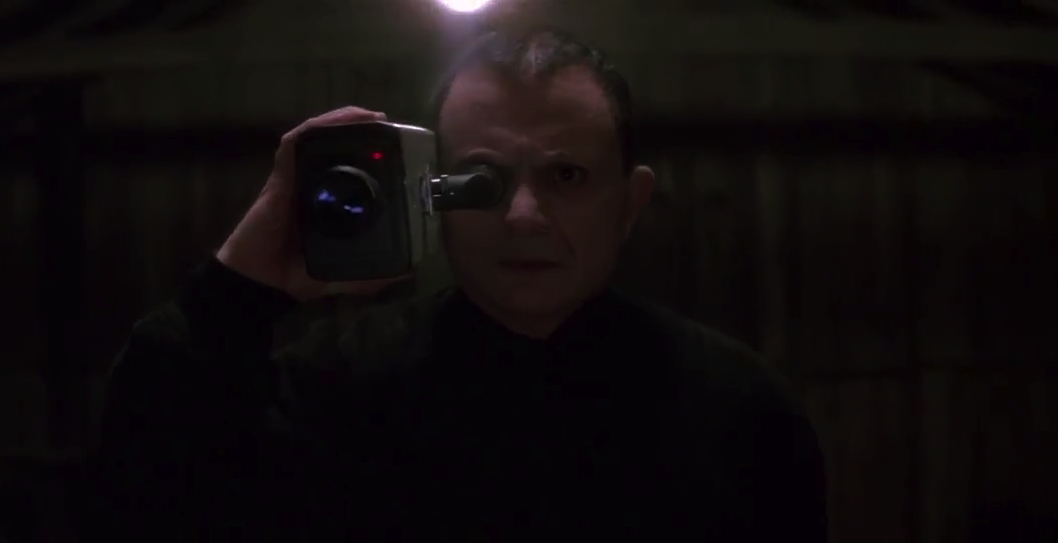The term “voyeurism” often denotes certain connotations bracketed with perversion, and often of a sexual nature. When we hear that something is voyeuristic our knee-jerk reaction usually, and inaccurately, involves a sexual deviant, maybe with binoculars, spying on pillow-fighting coeds perhaps. But voyeurism, in a broader definition, details any type of surveillance or espionage, and this motif has dogged cinema since day one.
Films are inherently voyeuristic – the very act of watching movies entails a certain degree of espial in itself – the viewer is given a privileged perspective over those involved, at no risk, enjoying the act of seeing without being seen. Certainly this speaks to a certain degree of cinema’s escapist potential and popularity.
The following list looks to the finer points of voyeurism as depicted on the silver screen, and many of the films listed are showpieces by imaginative talents. And while these films aren’t specific to any one genre or dictum, they do all share a will-less and self-reflexive bias, which makes for viewing that is observant, alert, and often meta, promising a titillation and an uncertainty that is absent in other, safer films. Enjoy.
25. The Osterman Weekend (1983)
Sam Peckinpah’s final film, The Osterman Weekend, adapted by Alan Sharp from the Robert Ludlum novel, is a startling suspense thriller, overdone, and excessively violent, it’s frequently cited as the great director’s weakest film, but nonetheless it offers perverse pleasures and, who knows, may one day get the reassessment it aspires.
Starting with Burt Lancaster’s CIA director Max Danforth, who seems obsessed with a hidden camera sex tape featuring agent Laurence Fassett (John Hurt), the voyeuristic premise is initiated straight away. A rather convoluted plot unravels, involving Omega, a Soviet spy network, a controversial and outspoken TV journalist named John Tanner (Rutger Hauer), as well as spies played by Dennis Hopper, and Chris Sarandon.
Once the titular weekend arrives, the centerpiece of the film, at TV producer Bernard Osterman’s (Craig T Nelson) abode where agents will be tricked into exposing themselves, hidden camera surveillance and spy-versus-spy antics ensue along with double-crosses, wiretapping, and Cold War paranoia. It’s as stylish and overstuffed with lechery as anything Peckinpah has done, who cares if the whole thing makes sense? It’s life in the fast lane as only Peckinpah can package and present it.
24. The ‘Burbs (1989)
Joe Dante’s (Gremlins) playful piss-take on the American suburbia amidst the Me generation also delights in B movie machinations and the voyeuristic fetishes of Hitchcock’s Rear Window resulting in a mixed bag offering that still contains a wealth of laughs and some inspired comedic set pieces.
The happily married Peterson’s, Ray (Tom Hanks) and Carol (Carrie Fisher) live a quaint and quiet existence in a Stepford-like suburban sprawl culs-de-sac. Their eccentric neighbors include nosy, freeloading Art (Rick Ducommun, hilarious) and NRA-approving nutcase Rumsfield (Bruce Dern, delightful) who, along with Ray, are certain that new residents the Klopeks, have something sinister to hide.
Ray and Art spearhead some silly Hardy Boys scenarios as they rummage through the Klopek’s trash, snoop inside their home when they’re out, and, via confirmation bias, try to convince the rest of the neighborhood that these guys are murdering, Satan worshipping cultists. It all plays out rather ridiculously, with an ending that’s suitably OTT, making for a fun, if trifling, comedy.
23. The Final Cut (2004)
Using the paranoiac speculative fiction you might expect from Philip K Dick with a satirical sting on over-mediated lives in the modern age, writer-director Omar Naim (Dead Awake) presents a thriller set in an alternate history that’s eerily similar to our own but with addition of technology developed by a Kafka-esque corporation known as EYE Tech. EYE Tech engineer implants into people when in utero, if their parents agree and pay for it, of course, which will, record the child’s entire life, even their dreams.
The Final Cut stars a subdued Robin Williams as Alan Hakman, a cutter for EYE Tech. As a cutter, Alan’s charge is to edit the memories of the recently deceased into a feature length memorial, often hagiographic in nature. Alan also follows a code that forbids the selling of memories or requisiting their own implants. It’s a fascinating premise which also details some surreal imagery as well as a mystery when Alan is assigned a memorial where the deceased is guilty of a terrible crime.
Naim’s film abetted by Williams’ believable performance as well as a high concept, a stirring visual sweep, production design that echoes, at times, Terry Gilliam’s Brazil, and a curious central mystery that is hard to turn away from. A surveyance sleeper worth checking out.
22. Minority Report (2002)
Minority Report makes that rare consummation of Hollywood heavyweights, here Steven Spielberg and Tom Cruise, with a philosophically complex sci-fi story resulting in a blockbuster with brains. Based off Philip K Dick’s 1956 short story but set in the future as John Anderton (Cruise), part of a PreCrime Unit who use psychics, dubbed “precogs”, to predict and prevent deadly crimes before they occur.
The futuristic crystal gazing, including personalised computer advertisements, drone-strike matter of course, and institutionalized inequity, anticipated the social media, NSA, and civil unrest zeitgeist that today is inescapable, but wasn’t around in 2002 when Spielberg made the film.
And Anderton, as fugitive on the run in an over-mediated society with surveillance cameras on every street corner makes for compelling, exciting, and compulsive viewing. Minority Report is also one of the best Philip K Dick adaptations ever made.
21. American Beauty (1999)
“Video helps me remember… I need to remember,” says boy next door creeper/voyeur Ricky Fitts (Wes Bentley) to come hither teenage daughter Jane Burnham (Thora Birch). Ricky is forever filming via camcorder the lives of those around him, and his favorite subjects seem to be the Burnhams; patriarch and midlife crisis maven Lester (Kevin Spacey) and matriarch/motivational mantra adherent and real estate queen Carolyn (Annette Bening).
Sam Mendes directorial debut, a satirical stab at middle class America and middle age masculinity is somewhat overpraised but still a fascinating treatise on contemporary family life. For all of it’s ample clichéd moments American Beauty still manages to be subversive, smart-alecky, and surprisingly complex. As far as mainstream 90s cinema goes, American Beauty is a head turner.
20. Redacted (2007)
Brian De Palma’s companion film to his 1989 drama, Casualties of War, Redacted is a controversial, contemptuous, and overwhelming anti-war film, obsessed and overrun with dark and dejected voyeuristic leitmotifs.
Forever the formalist, Redacted is filmed entirely with a combination of security camera footage, cell phone cameras, laptop cameras, and the cameras mounted on the soldier’s helmets and uniforms, as well as what’s supposed to be raw unedited footage from a film crew accompanying the soldiers.
It’s an intriguing premise, one that adds a level of authenticity that’s impossible to capture any other way, and that De Palma populates his film with a cast of largely unknowns, this feeling is further underscored and asserted.
19. One Hour Photo (2002)
Mark Romanek (Never Let Me Go), mostly known as a music video director, made his feature-length debut as writer/director with this unnerving voyeuristic psychological thriller, a stylistic stroke of genius with a restrained and ribald performance from Robin Williams at its crux.
Seymour Parrish (Williams) is, on the surface, a mild-mannered photo-technician who’s unhealthily obsessed with a young couple (Connie Nielsen and Michael Vartan) and their son (Dylan Smith), regular customers whom he photographs and fantasizes about in reticent yet increasingly disquieting fashion.
Impeccable in its construction, One Hour Photo is more than an effective thriller that makes some startling and outright ugly ruminations on why we take photographs; a bitter pill for the selfie obsessed.
18. Lost Highway (1997)
Lost Highway is a cruel compendium of director David Lynch’s off-kilter themes and fixations, voyeurism being at the forefront.
Sultry saxophonist and soon-to-be convicted murderer Fred Madison (Bill Pullman), is driven to the brink via a series of videotapes left on his doorstep. These tapes depict an intruder filming inside his very home and then, terrifyingly, him and his wife Renée (Patricia Arquette) sleeping in their bedroom.
Thus begins an ill-lit mystery involving voyeurism, surveyance, deviant sex, betrayal, a lot of Marilyn Manson, a diabolical Mystery Man (played with blood-curdling bravado by Robert Blake), and femme fatales in profusion.
A complicated, hallucinatory, and subversive nightmare, Lost Highway is a film designed for numerous interpretive discussion, like a dream with multiple meanings, messages, and misleads. If you want to merge into a lane where avant garde ideas and populist performers intersect, take a drive down Lost Highway.
